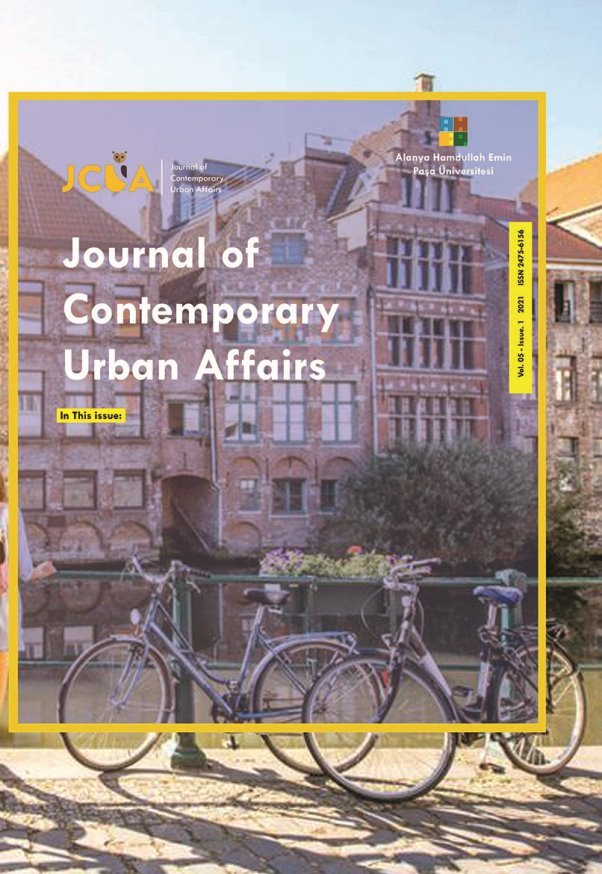
Journal Of Contemporary Urban Affairs
Yazarlar: Mila Karmilah, Ardiana Yuli Puspitasari
Konular:-
DOI:10.25034/ijcua.2020.v4n2-6
Anahtar Kelimeler:-
Özet: At the global level, many efforts to fulfill the availability and access to sanitation have always been the main focus of human development goals and framework at every level of government. In the city level (Semarang), access to sanitation has already started since 2005 when the city government launched a community-based sanitation program in Bustaman Village. There are four locations become pilot project Bustaman village, Plombokan village, Bandarharjo district and Kebonharjo district, and till now only Bustaman village are still running and successful. Based on management in sanitation, this study aims to know the impact of community based sanitation and how community in self-reliance manage MCK+. The method used is a qualitative approach. The analysis conducted is an analysis of knowledge on the impact and how the community manage the sanitation facilities. Research findings showed that the impact of MCK+ are the improved public awareness for healthy and clean living, conscious effort to manage MCK+, making wastes into renewable energy becoming biogas. The existence of an institution named Prangkuti Luhur, which overshadowed the existence of MCK+, continuously form strong social ties, besides cohesion, due to the similarity of fortune. It also strengthened the framework of communal MCK+ institutions in Bustaman Village.